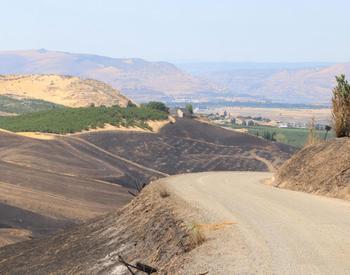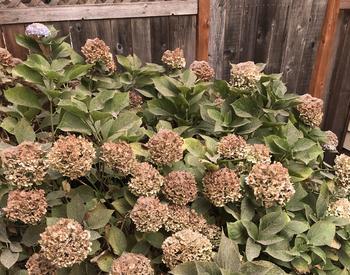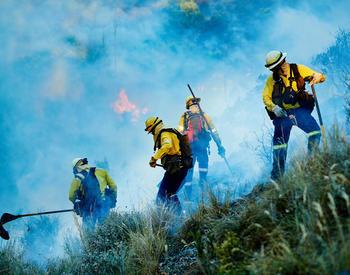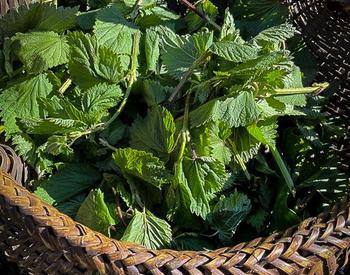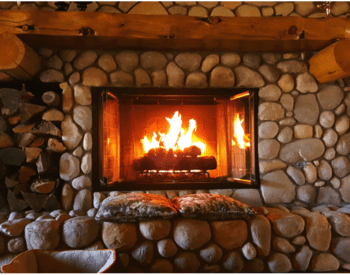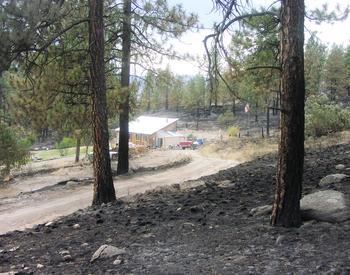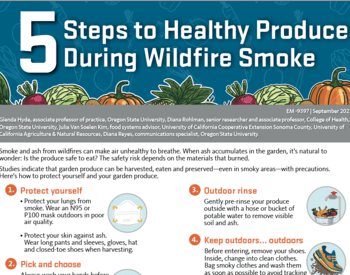Latinos are the fastest-growing demographic in Oregon and often work in coastal industries located in high tsunami risk areas. This creates a necessity for natural hazard preparedness materials that consider the specific needs and values of Latino communities. For example, during past events such as the 2020 wildfires and the 2022 Tonga earthquake tsunami advisory, many Latino coastal residents didn’t understand the warning systems in use and lacked awareness of how to respond to these disasters.
The results of a survey that was developed and distributed through a partnership of Oregon State University Extension Service, Oregon Sea Grant and Consejo Hispano at a Hispanic-Latinx community event in 2022 revealed that respondents had limited knowledge of earthquake and tsunami risks. The respondents had taken limited preparedness measures but want to receive more information via trainings and flyers, particularly at community or school events.
In response, OSU Extension organized a team consisting of Sea Grant, OSU faculty and staff and Consejo Hispano, a community-based organization working to empower and strengthen Hispanic-Latinx communities. The team was awarded a grant from the Cascadia Coastline and Peoples Hazards Research Hub, with the aim to co-create inclusive hazard awareness and emergency preparedness materials with Hispanic-Latinx coastal community members in Clatsop County.
The team evaluated existing tsunami and earthquake emergency preparedness materials for inclusivity indicators like language, multi-generational families and cultural representation. After identifying gaps and areas of improvement in some of the materials, the research team organized two focus group sessions with Consejo Hispano in January and February 2023 for the Hispanic-Latinx community that covered:
- Their support systems, particularly in times of emergency.
- What emergency preparedness information they would like to learn more about.
- Watching and evaluating emergency preparedness videos for both comprehension and if the content was relatable to their own circumstances, for example, multi-generational households and renters.
At the end of the focus group, each participant received a bag with earthquake/tsunami preparedness resources including tsunami inundation zone maps and a whistle. Thirteen people attended each focus group.
As a result, the research team co-developed a new comprehensive hazard awareness two-hour training session in Seaside in June 2023 that specifically addressed the information needs and was highly relevant to Hispanic-Latinx coastal community members. The session, attended by 16 people, covered “go-bag” packing techniques and how to use tsunami evacuation maps. The session featured guest speakers Tiffany Brown from the Clatsop County Emergency Management office and Aaron Groth with the OSU Extension Fire Program, who shared insights into their respective areas of expertise. To support the participants in their preparedness efforts, Consejo Hispano donated a go-bag to each attendee.
The day after the training, the project team collected footage for two videos featuring four Spanish-speaking and Latinx community members who attended the training. The goal of the videos is to educate viewers on essential topics, specifically preparing a go-bag, and understanding the intricacies of reading a tsunami evacuation map for a safe evacuation. The videos are in Spanish with Spanish and English subtitles:
- Tsunami Evacuation Wayfinding
- Orientación de Evacuación por Tsunami
- Packing a Go Bag
- Cómo armar una mochila de emergencia
Sections of the videos are included in a third video, "Tsunami Preparedness in Coastal Communities."

